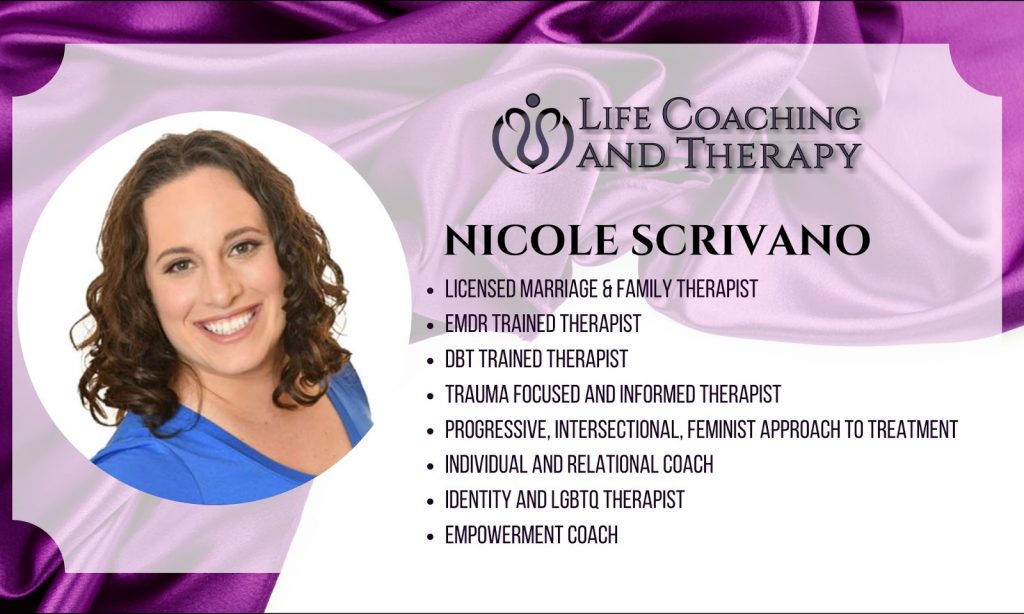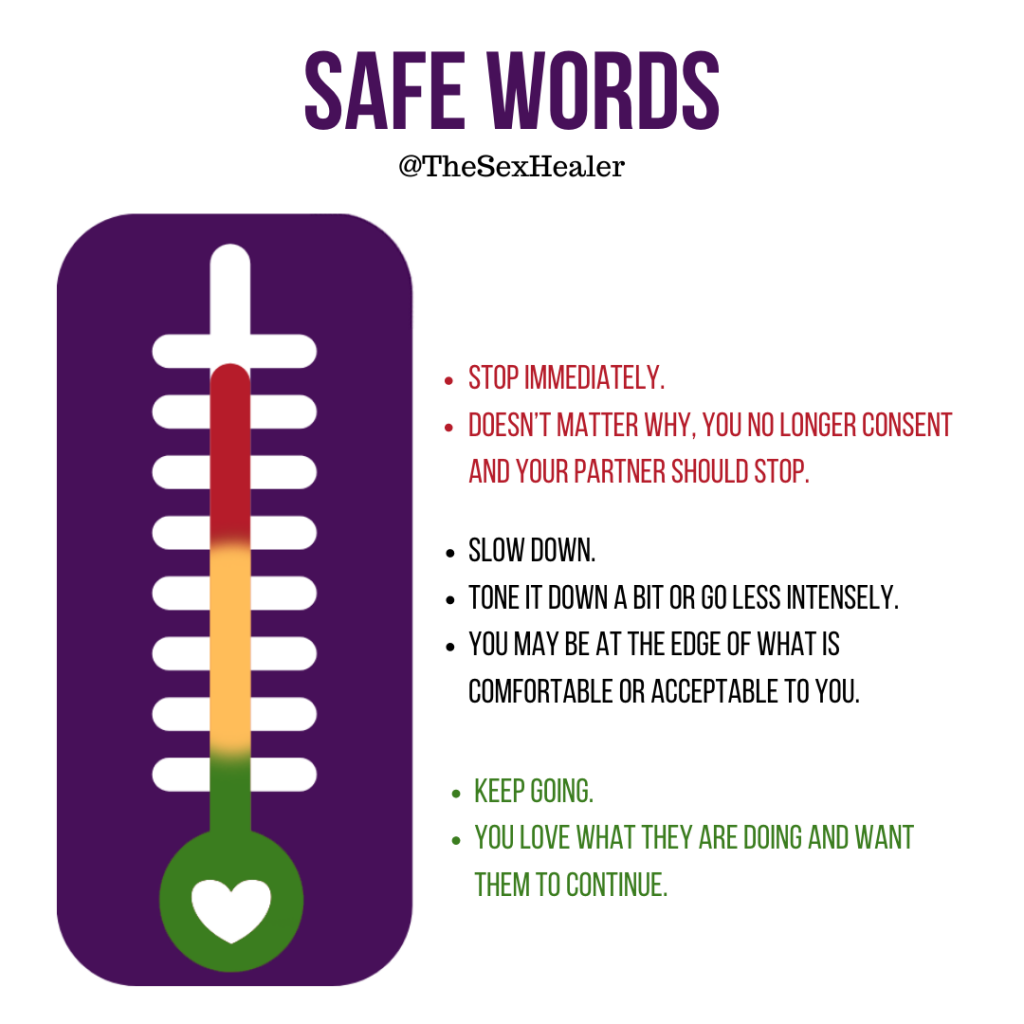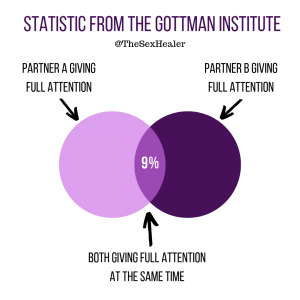I Think My Husband Hates Me & How To Solve It!
I Think My Husband Hates Me & How To Solve It!
If you have been feeling neglected, resented and anxious in your marriage, you may be thinking to yourself I think my husband hates me.
No marriage is picture perfect, and it could even be possible that he feels the same way about you! So instead of jumping to the conclusion “my husband hates me”, let’s look at why you may be feeling that way. Hatred and resentment can of course arise in marriages, though rarely out of the blue.
“He is always choosing time with the guys instead of time with me!”
You may be feeling neglected if your hubby is choosing to spend time with the bros All. The. Time. This is understandable!
While there is nothing wrong with him wanting time with his friends- friendships outside of a relationship are healthy and should be encouraged- it doesn’t have to be a battle of friends vs. wife.
As with every relationship issue, communication is crucial. Here are some ideas of where he might be coming from with this behavior, and some suggestions to open up communication:
- He may feel overwhelmed by the daily minutia of chores, bills and routine
- He may feel like you are mothering him
- He may just need time with other men
- He may be stressed by financial or personal concerns and need a distraction
- He may just want to connect with people who share his hobbies
Remember, one person cannot be everything to everyone, though as his spouse you shouldn’t have to feel neglected! Try opening up:
- Ask him directly if something is wrong! He may be hurt by something you’ve overlooked, it can save a lot of time if you directly ask what’s going on.
- Say how much you love him and wish you could spend more time together. Does he feel like you spend enough time together? Are you having enough sex and fun, or have you become roommates?
- Tell him how hurtful it is when he ditches plans with you for plans with the guys. Does this information surprise him or does he seem unphased? He may just not understand and need to be told directly that his actions are hurtful.
- Both of you can share what you enjoy doing as a couple, and plan to do more of those things. This could be games, favorite tv shows, sports, cooking- any activity you enjoy doing together!
- Offer to host the next guy’s night at your home- this may put your mind at ease if you know what they’re up to, though don’t feel the need to spy. This is about letting your husband know you care about his friendships.

Likely, he just needs to blow off some steam and as a couple you can shake up the routine to be more fun. You’ll never know until you talk about it with each other!
“He is always giving me dirty looks, rolling his eyes and scowls at me”
It can be super hurtful if someone you love is giving you dirty looks- it feels like instant rejection and like they don’t care about your feelings.
Think back to when you were a teenager and I’m sure you gave many of those looks to people around you, especially authority figures! Some reasons he may be giving you dirty looks:
- You’re nagging him. Is this something you’ve asked him to do already, and he has said he will do it? Is there a reason you feel the need to remind him?
- You’ve broached a no-go topic. Does he have any traumas and sensitivities you are unknowingly or knowingly bringing up?
- He is insulted. Did you say something critical about his job, his body, his family or his finances? While you should never be a doormat, criticism needs to come from a healthy, constructive and supportive place- not making fun of his belly, ranting about his sister’s money issues or telling him he’s a loser for not getting a better job.
- A difference of values. This is a very political day and age, and if you hold vastly different opinions about politics and social issues you’re probably both doing some eye rolling at each other! You may not have known how different your opinions are until now.
- He’s frustrated. Everyone gets frustrated. Ask him why.
If it is a constant issue, it is wise to seek counseling. You shouldn’t be made to feel disliked in your own home, especially from someone you are building a life with, and he shouldn’t have to feel so frustrated and annoyed. There may be a solution to be found!
“So…does my husband hate me?”
It is impossible to know unless you communicate about it! He may not hate you- though he may feel resentment, rejection, or frustrations and these can all be addressed through communication and counseling.
Chances are, this is a bump in the road that can be solved. There is also a chance that he is completely unaware of how his actions are affecting you! Asking yourself “does my husband hate me” is way less effective than simply opening up the conversation- though it may be awkward and difficult, it is always worthwhile!
If you have any questions, or for clients hoping to take their intimate lives to the next level through personalized sessions on YOUR terms, learn more about our Text Therapy Program.
Life Coaching and Therapy (LCAT) is a relationship coaching and sex therapy practice that transforms our clients lives through our flexible, multi-technique approach and pleasure-skills training provided by systemically-trained and licensed therapists!
Our team of compassionate, licensed therapists and certified sex therapists help Millennials and Baby Boomers alike who visit us for a variety of relationship, intimacy and sex problems.
LCAT provides on-site appointments, as well as video chat and text therapy programs.
Learn more about how LCAT can help improve your life at What We Do.
Call us at 203-733-9600 and press 0 to leave a message, or make an appointment.








 Get to know our founder and owner, Amanda Pasciucco, (a.k.a. The Sex Healer) PhD, Licensed Marriage and Family Therapist (LMFT), and an AASECT Certified Sex Therapist (CST) that has developed innovative therapy programs and therapy videos that get results.
Get to know our founder and owner, Amanda Pasciucco, (a.k.a. The Sex Healer) PhD, Licensed Marriage and Family Therapist (LMFT), and an AASECT Certified Sex Therapist (CST) that has developed innovative therapy programs and therapy videos that get results.


 Alcohol swabs can be purchased cheaply at any pharmacy.
Alcohol swabs can be purchased cheaply at any pharmacy.























